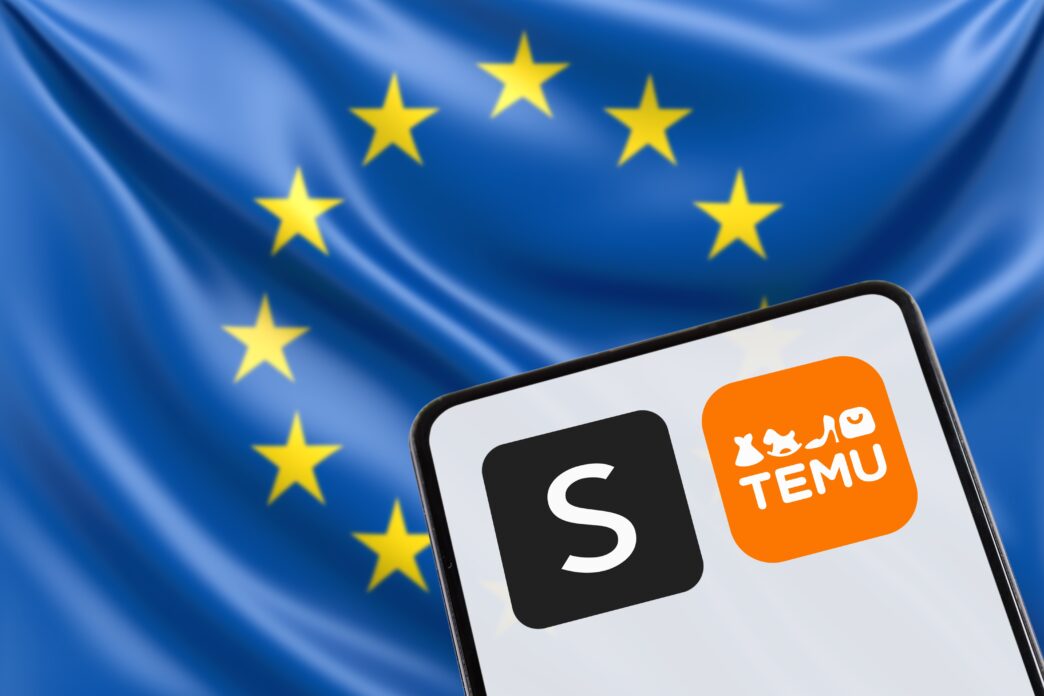Executive Summary
The Story So Far
Why This Matters
Who Thinks What?
European Union member states reached an agreement on Thursday to eliminate a bloc-wide duty exemption for low-value online orders, a move primarily targeting the influx of inexpensive Chinese imports from major retail platforms such as Temu and Shein. The decision aims to tackle concerns over unfair competition and product non-compliance, with the goal of implementing the change as early as the beginning of next year.
Current Exemption and Import Volume
Currently, packages valued under €150 imported directly to consumers within the 27-nation bloc are exempt from duties. This exemption has facilitated a significant volume of cross-border e-commerce.
Last year, approximately 4.6 billion such small parcels entered the EU, with 91 percent originating from China, a volume that EU officials expect to increase significantly in the coming years.
Push for Earlier Implementation
Member states, including France, and the EU executive are pushing for the duty exemption to be removed from the start of next year, rather than the initially projected 2028. They plan to develop a “simple, temporary solution” to facilitate this earlier implementation.
Addressing Unfair Competition and Standards
European retailers have long argued they face unfair competition from overseas platforms like AliExpress, Shein, and Temu, which they claim frequently do not adhere to the EU’s stringent product regulations. This move is seen as a response to these concerns.
Following the agreement, EU Trade Commissioner Maros Sefcovic stated that the political consensus “sends a strong signal that Europe is serious about fair competition and about defending the interests of its businesses.” He added that “Europe must be able to protect its borders effectively and uphold fair competition.”
This initiative aligns with the EU’s broader strategy to enhance the continent’s competitiveness by reducing bureaucratic burdens for European enterprises.
France’s Stance and Economic Sovereignty
France has been a key proponent of this change, having received around 800 million such packages last year. French Finance Minister Roland Lescure welcomed the decision, describing it as a “key step for the protection of European consumers and the internal market” and a measure to “fight more effectively to prevent dangerous products and those that do not comply with our European regulations entering.”
Minister Lescure further emphasized the agreement as “a major step for the economic sovereignty of the European Union,” highlighting the broader implications for the bloc’s internal market and regulatory framework.
Related Measures and National Actions
Alongside Thursday’s agreement, the EU executive had proposed a small package handling fee of two euros in May. While member states have yet to agree on the specific fee level, they hope it could be applied from late 2026.
Some states have already taken independent action, with Romania, for example, imposing a five-euro fee on small parcels, demonstrating a readiness among some members to address the issue proactively.
Outlook
The agreement underscores a concerted effort by the European Union to recalibrate its trade policies, addressing the economic impact of burgeoning e-commerce from non-EU countries and seeking to level the playing field for domestic businesses while safeguarding consumer standards.








